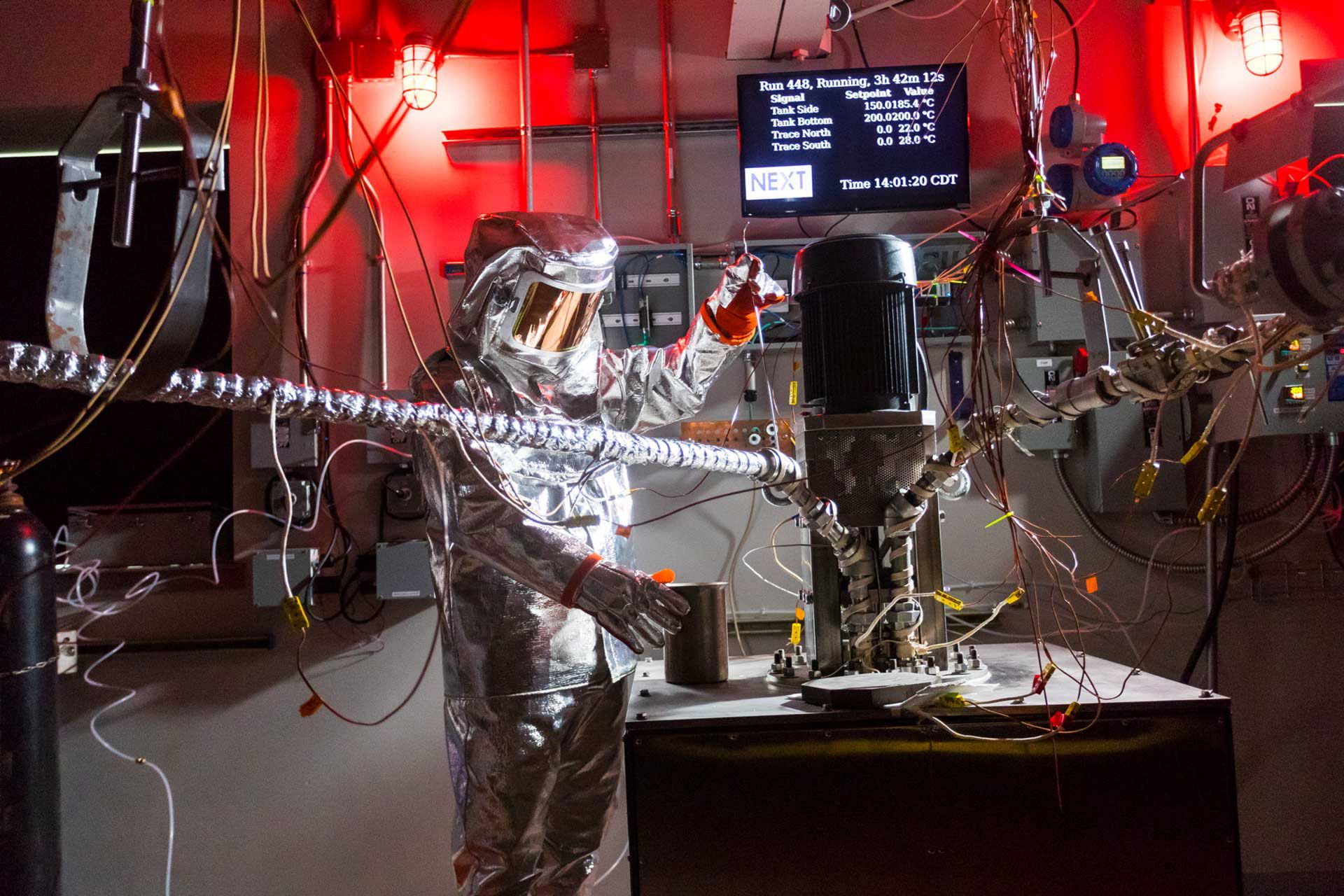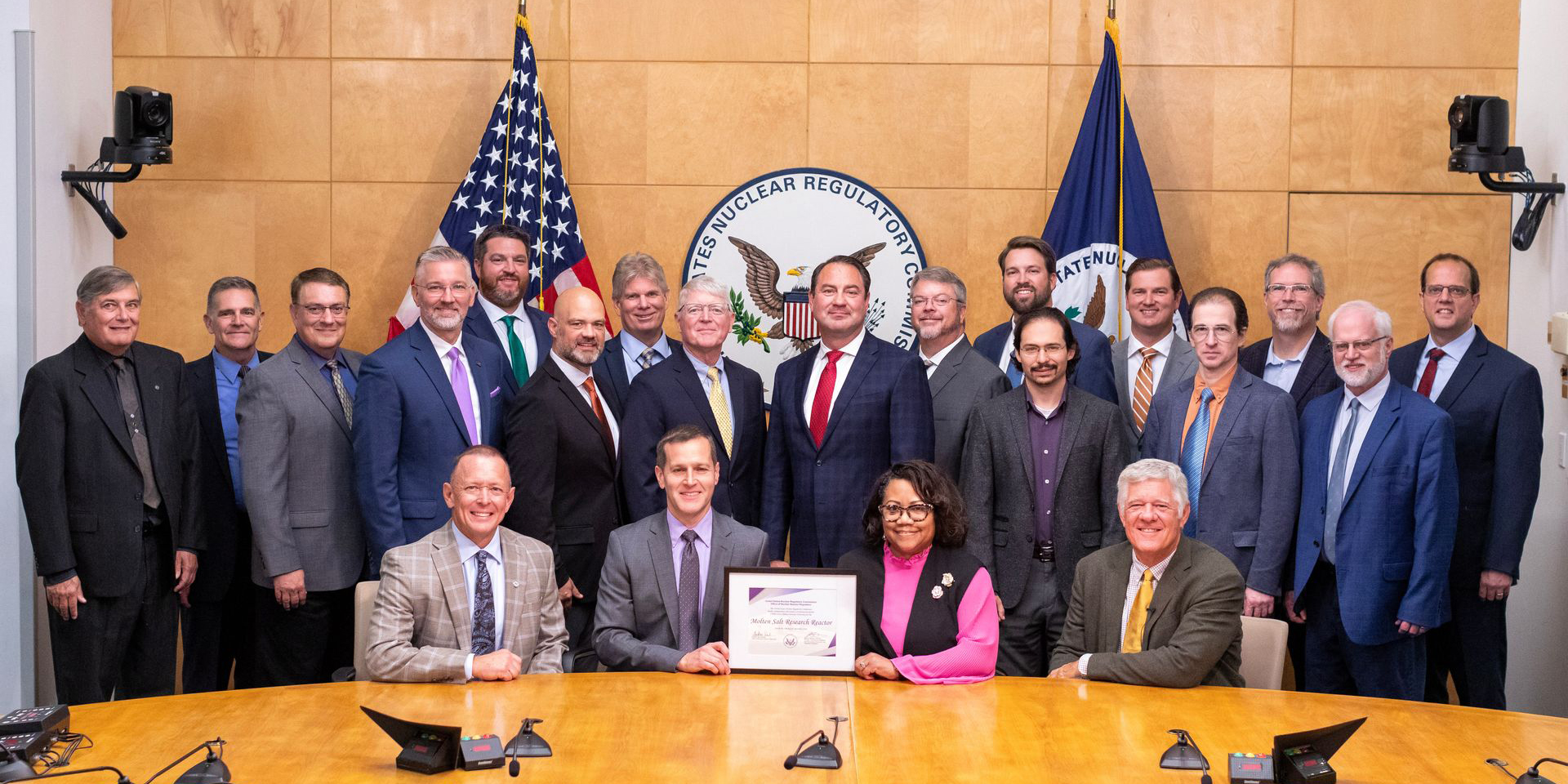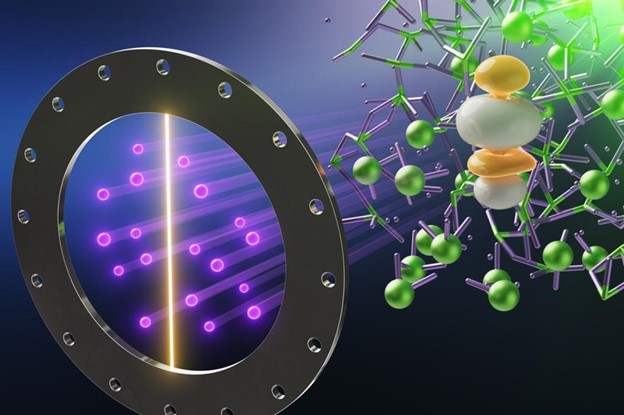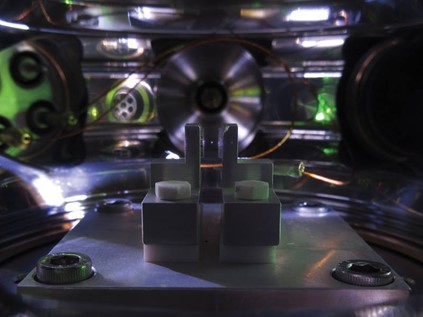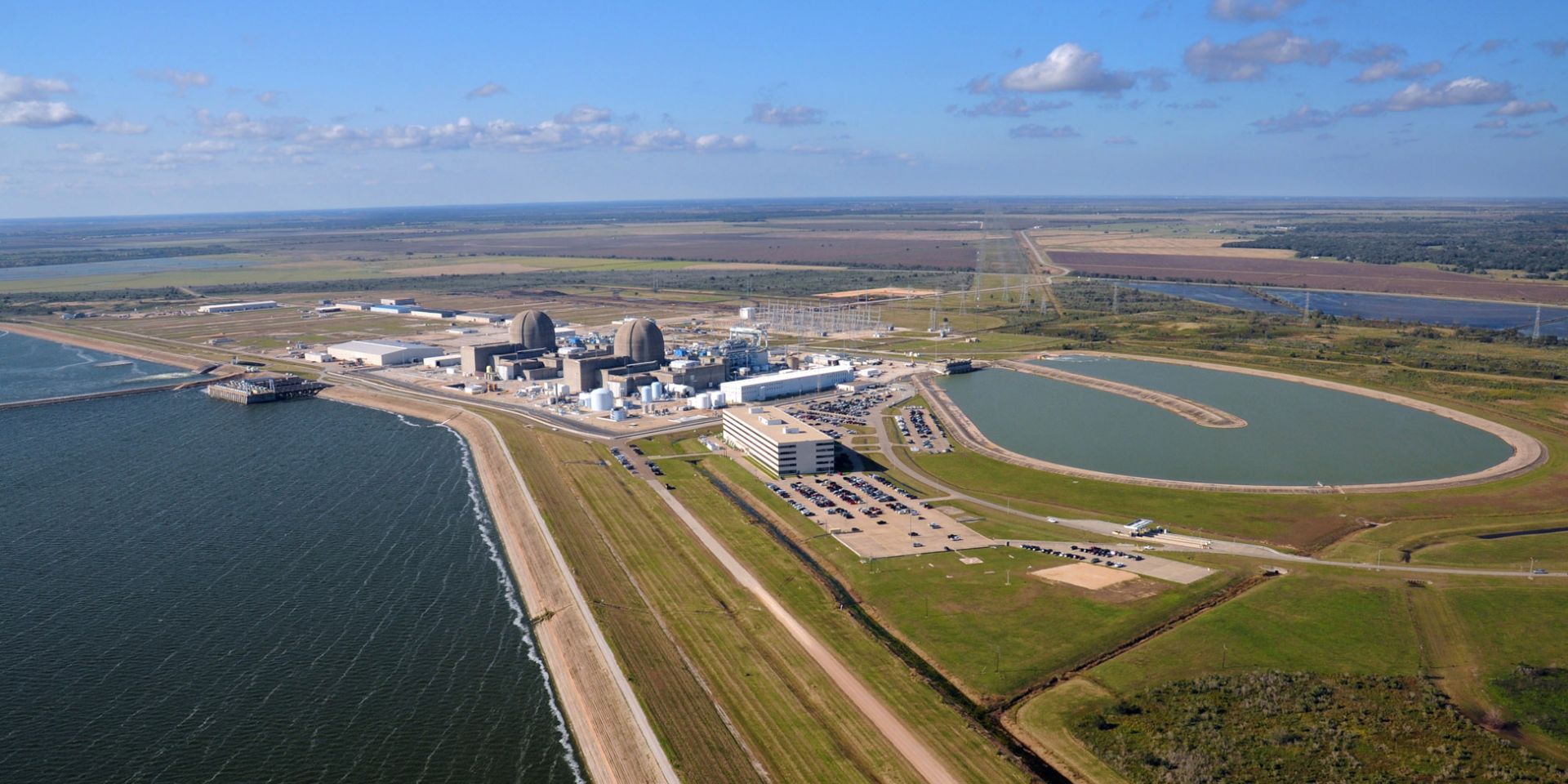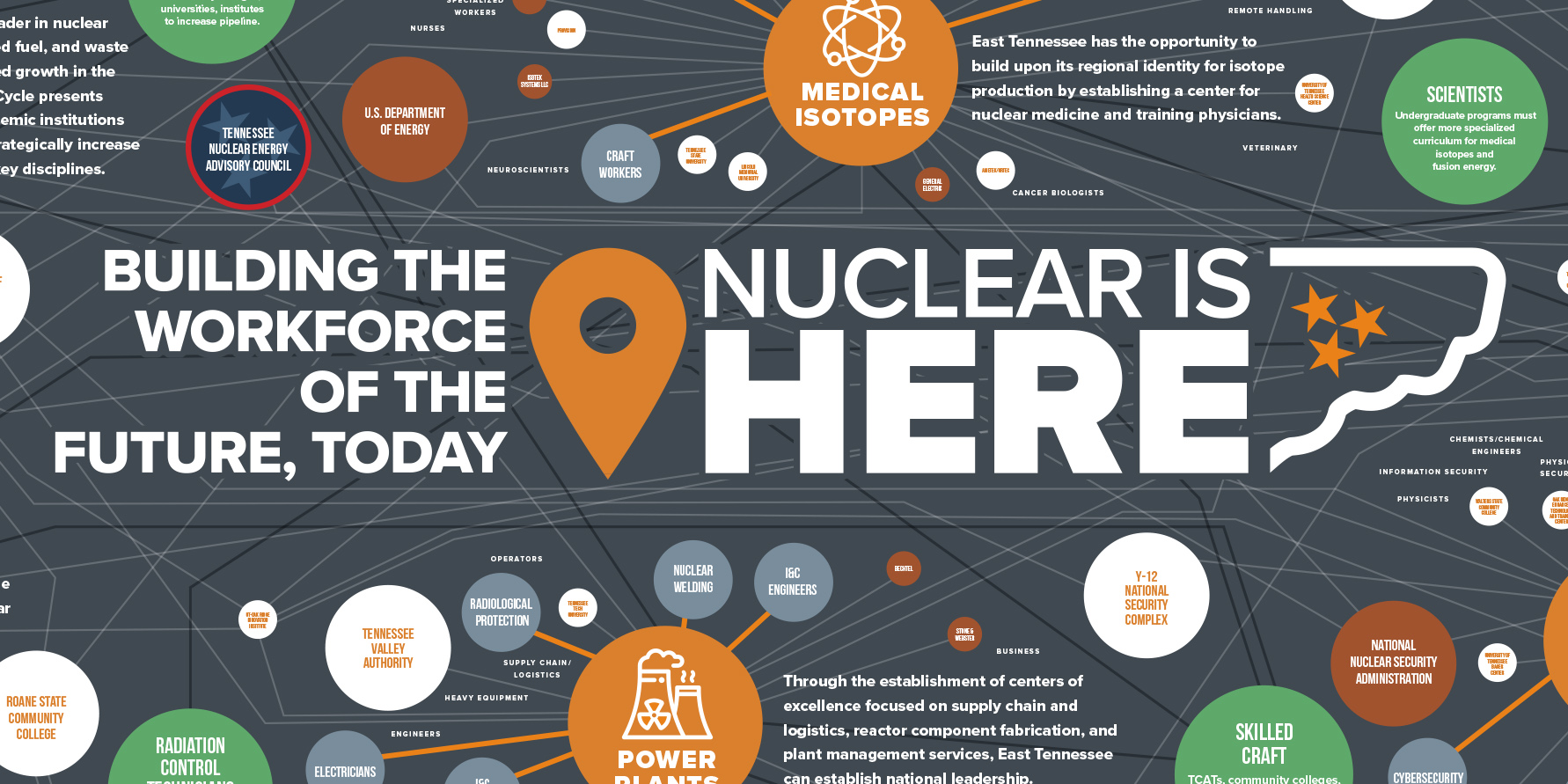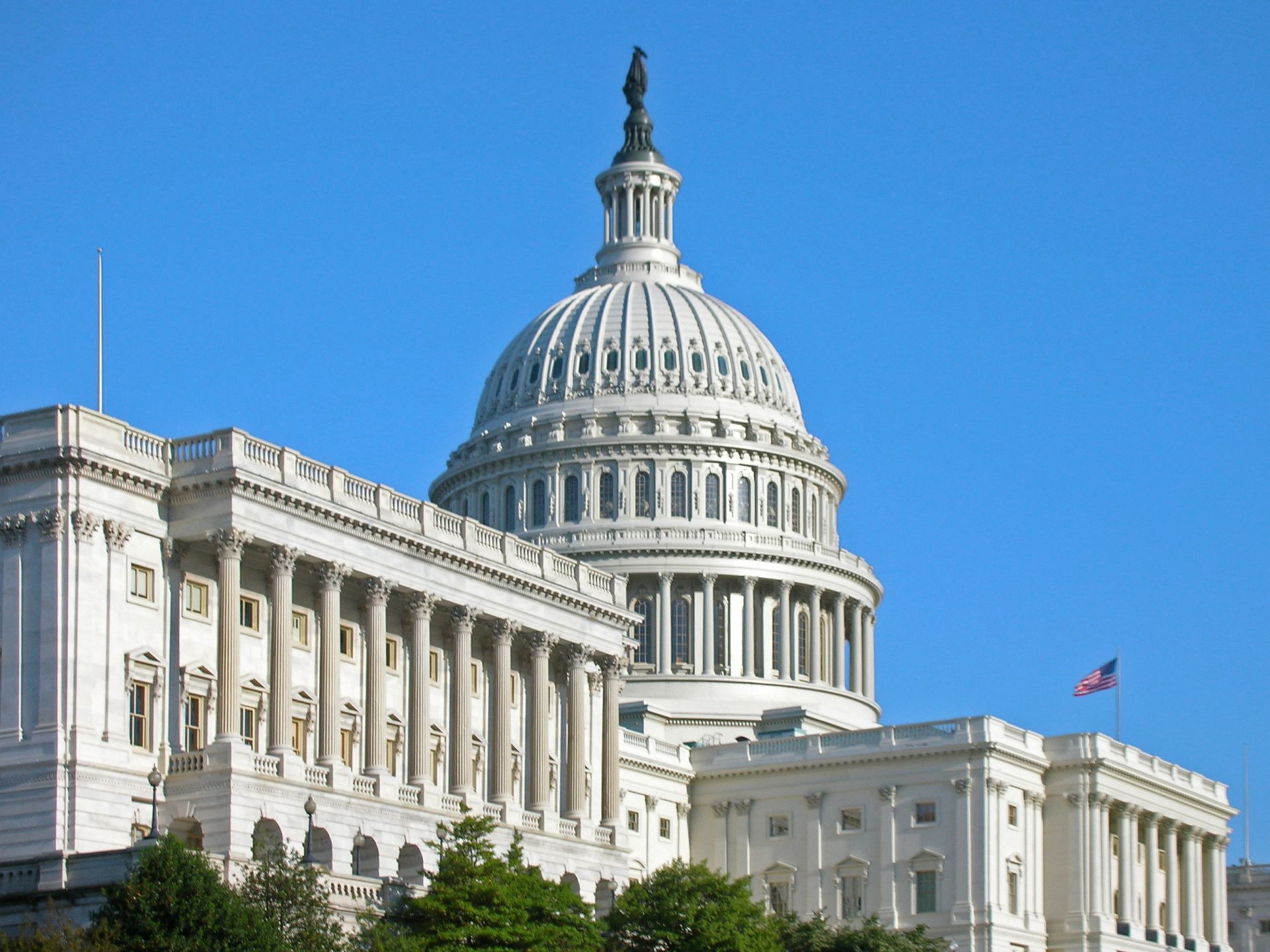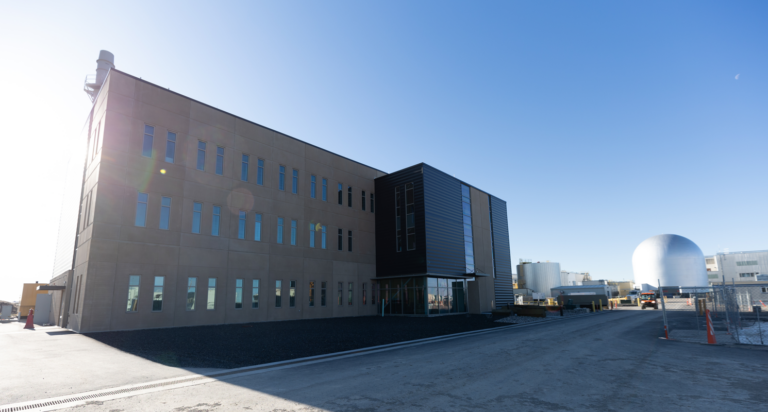(Image: City of Idaho Falls)
Microreactor developer Aalo Atomics and municipal electric utility Idaho Falls Power have developed a memorandum of understanding that could lead to the siting of seven sodium-cooled microreactors and a power purchase agreement for Idaho Falls.
The NEXT Lab at ACU has been built to house and test the university’s new molten salt reactor design. (Photo: Rusty Towell/ACU)
I really think so. Especially after visiting Abilene Christian University’s new Dillard Science and Engineering Research Center, the home of the Nuclear Energy Experimental Testing (NEXT) Lab and where the university will test its new molten salt research reactor design. The visit was part of the 12th Thorium Energy Alliance Conference. NEXT Lab director and program manager Rusty Towell anticipates that the research reactor will be operational in two years, and I believe it will. What was most impressive is that the reactor is suited to be scaled to any size from small to large—a key feature in any decarbonized world.
Representatives from Natura Resources, the Zachry Group, Abilene Christian University, the University of Texas–Austin, Texas A&M University, and the Georgia Institute of Technology with the construction permit at NRC headquarters. (Photo: Natura Resources)
The Nuclear Regulatory Commission issued a construction permit yesterday to Abilene Christian University, giving ACU and its partners the go-ahead to build the Molten Salt Research Reactor (MSRR) facility on its Abilene, Texas, campus. The 1-MWt research reactor is the first molten salt–fueled reactor to get a construction permit from the NRC. After Kairos Power’s Hermes, it is the second non–light water reactor construction permit issued by the NRC.
In this illustration of oscillating UCl3 bonds, neutrons produced at the SNS (purple dots) scatter off molten UCl3 (depicted in green), revealing its atomic structure. Yellow and white shapes simulate data and represent the oscillating UCl3 bonds. (Image: Alex Ivanov/ORNL)
New research into the dynamics and structure of high-temperature liquid uranium trichloride (UCl3) salt—a potential fuel for molten salt reactors—has been published in the Journal of the American Chemical Society. A recent news release from Oak Ridge National Laboratory describes how researchers from ORNL, Argonne National Laboratory, and the University of South Carolina used ORNL’s Spallation Neutron Source (SNS) to document the unique chemistry of liquid UCl3 “for the first time.”
An optically trapped microparticle in high vacuum is visible as a white dot levitated between two lenses, which are used to focus and collect invisible infrared laser light used to trap the particle. (Photo: DOE/Yale Wright Lab)
Start talking about dust in a vacuum, and some people will think of household chores. But dust has featured in recent nuclear science and engineering headlines in curious ways: ITER is deploying oversized dust covers inspired by space satellites in the south of France, while at Yale University, researchers have watched every move of a dust-sized particle levitating in a laser beam for telltale twitches that indicate radioactive decay.
Tennessee is serious about nuclear energy.
The Volunteer State’s governor and representatives have made clear their intention to position Tennessee at the forefront of a nuclear energy growth surge over the next several years. They’re making the financial investment to back up this commitment, pledging $50 million to recruit the innovative and invest in the existing nuclear companies in the state.
In an interview with advocacy group Nuclear Matters, Gov. Bill Lee expressed his excitement and optimism for Tennessee’s nuclear future.
“Tennessee is one of the fastest growing states in the country,” he said. “Because of that, we have people and companies moving here and we need to have a dependable, reliable energy source.”
The outside of the Sample Preparation Laboratory at the Materials and Fuels Complex at Idaho National Laboratory. (Photo: INL)
Idaho National Laboratory has completed substantial construction of the first new hot cell facility at the lab site in 49 years—a Sample Preparation Laboratory (SPL) that will accelerate research, development, and qualification of structural nuclear materials for both existing and new nuclear reactors. In an announcement last week of the milestone and the ribbon-cutting ceremony held to mark it, INL said the SPL is expected to be fully operational in 2025.
Understanding how several different metals—such as the contents of PNNL’s space-bound cube—react to radiation in space will help scientists understand the potential impact of radiation on space travelers. (Photo: Eddie Pablo/PNNL)
When a SpaceX rocket lifted off from Kennedy Space Center on September 10 (see video here), sending a crewed commercial mission into low Earth orbit, an experiment designed by Pacific Northwest National Laboratory was onboard. Several high-purity metal samples will orbit Earth and absorb cosmic radiation for five days—including that from the Van Allen radiation belt—to help the lab answer questions about the radiation environment for manned space missions, according to a news release from PNNL.
September 12, 2024, 12:00PMNuclear NewsErhard W. Koehler and Anne Jennings N.S. Savannah docked in Baltimore in May 2024. (Photo: MARAD)
The American Nuclear Society was formed in 1954 in the wake of President Eisenhower’s seminal Atoms for Peace speech. Around the same time that Congress was debating the Atomic Energy Act and John Landis was helping establish ANS, the National Security Council began deliberating about adding a nuclear-powered merchant ship to the nascent Atoms for Peace program. We like to imagine that the idea germinated after Mamie Eisenhower christened the U.S.S. Nautilus, but the truth seems much drier. Regardless, Ike championed the project and announced it to a surprised crowd in an April 1955 speech in New York City at the Waldorf Astoria Hotel. Landis would become the principal architect of the ship’s nuclear power plant. Although Savannah’s reactor now rests in the low-level radwaste repository in Clive, Utah, the ship’s prospects are as bright as the future of ANS itself.



